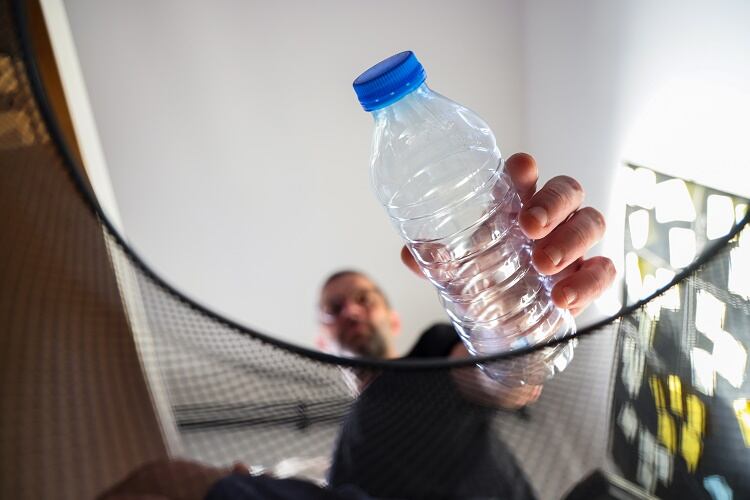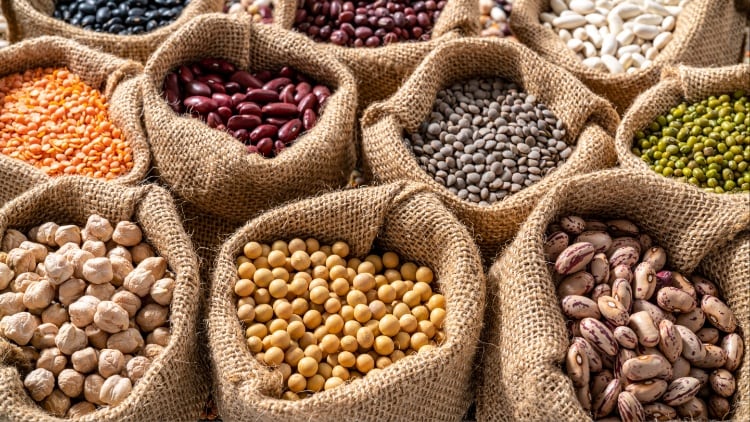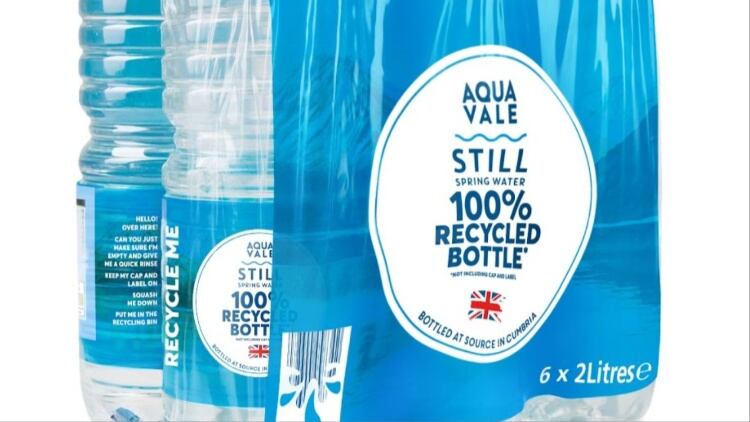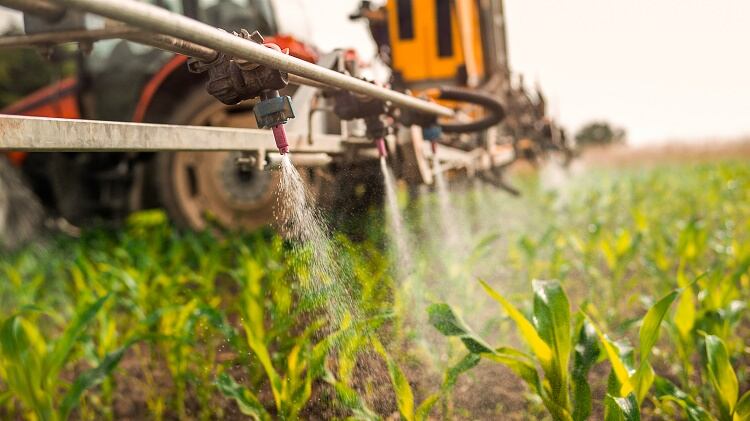The study, ‘FMCG flexible packaging: accelerating the move from plastic to paper’, found that a majority of FMCG brands (92%) were planning to stop using plastic in their consumer packaging altogether, but this transition was moving too slowly.
Less than a third of respondents expected to transition away from plastics in the next three years (27%), with most wanting the switch to alternative materials to take place more quickly (87%). Just 11% said the switch was fast.
Major barriers preventing manufacturers from committing to non-plastic packaging included the higher cost of environmentally friendly options (53%), the availability of alternative materials (50%) and ensuring the functionality and product protection remains the same (46%).
Delayed by confusion
John Williams, chief technical officer at Aquapak, said the study demonstrated manufacturers were cognisant of the need to move away from conventional plastics to more ‘environmentally friendly’ materials, but confusion over the viability of ‘new’ materials had caused delays in the use of genuine solutions.
“It is important that there is an acceleration in the use of materials which are available at scale, offer the required functionality, run down existing conversion lines, and have a viable end-of-life solution to the consumer,” said Williams. “These solutions are available now and, in the market, but only in low numbers.”
When asked about the key drivers that would help the FMCG sector speed up new material development and implementation, 70% of respondents believed that more ambitious recycling targets were key, 62% wanted to see increased investment in new materials and 54% said greater collaboration to accelerate R&D was needed.
Industry-wide commitment
Half said that an industry-wide commitment to move away from conventional plastic was necessary, whilst a further 47% cited tighter environmental regulation through taxation of materials with poor environmental performance was important.
“Our research also suggests that the sector needs to be bolder in its commitment to new packaging materials,” Williams added. “While 37% say they are more focused on switching to innovative, environmentally friendly materials, a quarter are developing existing materials and 38% are placing equal importance on both.
“Is this really embracing innovation and change or sitting on the fence until regulation forces the industry’s hand? New materials already exist and can facilitate the move from plastic to solutions which are functional, provide the product protection needed but do not harm the environment when they come to the end of their useful life.”
Meanwhile, Diageo has announced plans to replace glass bottles of Baileys with paper-based packaging on a trial basis.





